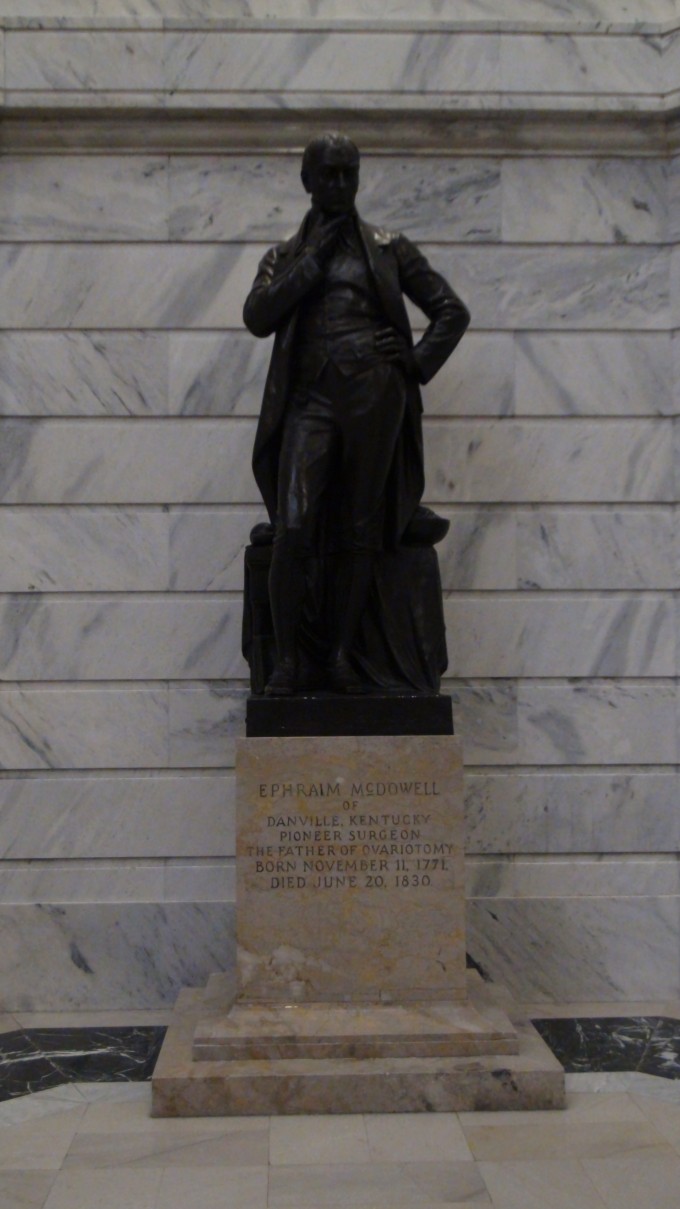
Tuesday, 16 February 2016
But I saw none of the other apostles except James, the Lord’s brother. Galatians 1:19
The wording of this verse is rather difficult to be dogmatic about. At the same time, there are logical conclusions we can make as we evaluate its words. The first problem is the standing of James. Paul says that he “saw none of the other apostles except James.” This can be taken in one of two ways.
1) “I saw none of the other apostles with one exception, James.” (James is the only other apostle that Paul saw).
2) “I saw none of the other apostles, but I saw James.” (Of the apostles, Paul only saw only Peter. He also saw James.)
The second makes less sense because there would be no reason to mention seeing James if he were of no direct importance to the narrative in an apostolic capacity. Paul is refuting the “false apostles” in this letter, and therefore any mentioning of true apostles is what is considered bearing on his words to the Galatians.
Therefore, it can be inferred that “James” is an apostle. However, it does not logically follow that he was one of the Twelve. If he were, then it would be probable that he would be noted as such. Rather, it is possible that he is an apostle in the wider sense of the word, just as Barnabas is noted in Acts 14:14.
The reason why this is so complicated is because of the final words of the verse which designate him as “James, the Lord’s brother.” If one believes in the perpetual virginity of Mary, a wholly unscriptural tenet, then this cannot be a literal brother of the Lord, unless he is a son of Joseph from a previous marriage. But there is nothing in Scripture to indicate this and it needs to be read into the Bible.
Other views are 1) that the word “brother” means a cousin; 2) that this is James, the son of Alphaeus who is one of the Twelve noted in Matthew 10:3; or 3) that it is James, the son of Zebedee (who had not yet been killed with the sword).
If this is not one of the Twelve, then this would exclude the two apostles, James, the son of Alphaeus, and James, the son of Zebedee. If it is one of the Twelve, then the term “the Lord’s brother” seems to be an unusual term of designation. It would imply that one was considered a “brother” of the Lord, while the other wasn’t.
What seems the most logical, and without inserting anything into the Bible in order to come to a conclusion which the Bible cannot fully support, is that the answer is that this is a literal brother of Jesus – born of Joseph and Mary after the virgin birth of Christ. This is why in Acts 12:17, James is noted separately from the “brothers” by Peter. He is named James, but is not one of the Twelve. That he is an actual brother of the Lord would follow naturally from the words of Matthew 1 –
“Then Joseph, being aroused from sleep, did as the angel of the Lord commanded him and took to him his wife, 25 and did not know her till she had brought forth her firstborn Son. And he called His name Jesus.” Matthew 1:24, 25
The Bible says that Joseph “did not know her till she had brought forth her firstborn Son.” The meaning is evident on the surface. Joseph “knew,” or had relations with, Mary after Jesus’ miraculous birth. Any other view is entirely forced, and is only given to elevate Mary in an unhealthy way. This has led down a very sad path for those who have taken their eyes off of Jesus and fixed them on her.
It is this James, the Lords brother, who later was to be the leader of the council in Jerusalem in Acts 15 and also the author of the book of James which is the 59th book of the Bible.
Life application: There are passages which are very confusing in the Bible. Further, there are things that people intentionally want to believe because of a presupposition they hold to. However, with a thorough study of what is related to a confusing subject, a logical conclusion can normally be made which is supportable by the rest of the Bible. Be diligent and be sure to carefully evaluate the Bible without getting caught up in unscriptural tenets simply because someone says something is so. Check, verify, and be ready to accept what is written when all of the evidence is in.
Heavenly Father, You have asked us to fix our eyes on Jesus. Help us to follow through with that. Help us not to get caught up in crazy things which have no biblical support, like praying to the saints or to Mary for protection and help. There is one Mediator between God and man; our Lord Jesus. As Your word says this is so, then help us to remember this truth and to be obedient to what You have established. Keep us from the false teachings of man, and help us to be faithful adherents to Your word alone. Amen.




